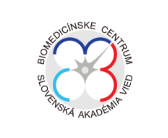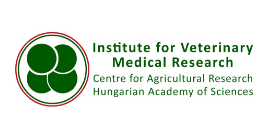Department of Rickettsiology has outstanding research expertise in diverse areas, including:
- epidemiological and epizoological research of tick-borne microorganisms mainly from genus Rickettsia, Coxiella, Borrelia, Anaplasma, Bartonella, Babesia, and Ehrlichia by microscopy and molecular biology methods in relation to vectors and reservoirs like ticks, lice, mites and wild animals,
- precise mapping of natural foci of zoonoses and/or tick-borne diseases in relation to developed human infection,
- isolate new species and relate the isolates with vectors and reservoirs (ticks, lice, mites and wild animals),
- characterize these microorganisms by molecular biology, genomics, serology, and immunology in order to investigate host-parasite interactions,
- predict and systematically identify protein biomarkers, surface associated, virulence-related, and immunoreactive proteins of C. burnetii and rickettsial spp.,
- fish for protein candidates (surface-associated and secreted) suitable for diagnosis of Q fever and rickettsioses,
- characterize the chemical composition and structure of the sugar and lipid residues
- elucidate the role of the proteins and structural variants of lipopolysaccharide in virulence, pathogenesis, and immunity,
- evaluate the metabolism of the bacteria,
- develop novel cellular and animal models for infection,
- elaborate novel diagnostic tools and subunit vaccine to improve diagnosis and prophylaxis of these re-emerging infections.
Collaborative activity among research groups creates a lively and productive research environment and provides comprehensive training opportunities throughout modern biological sciences.




